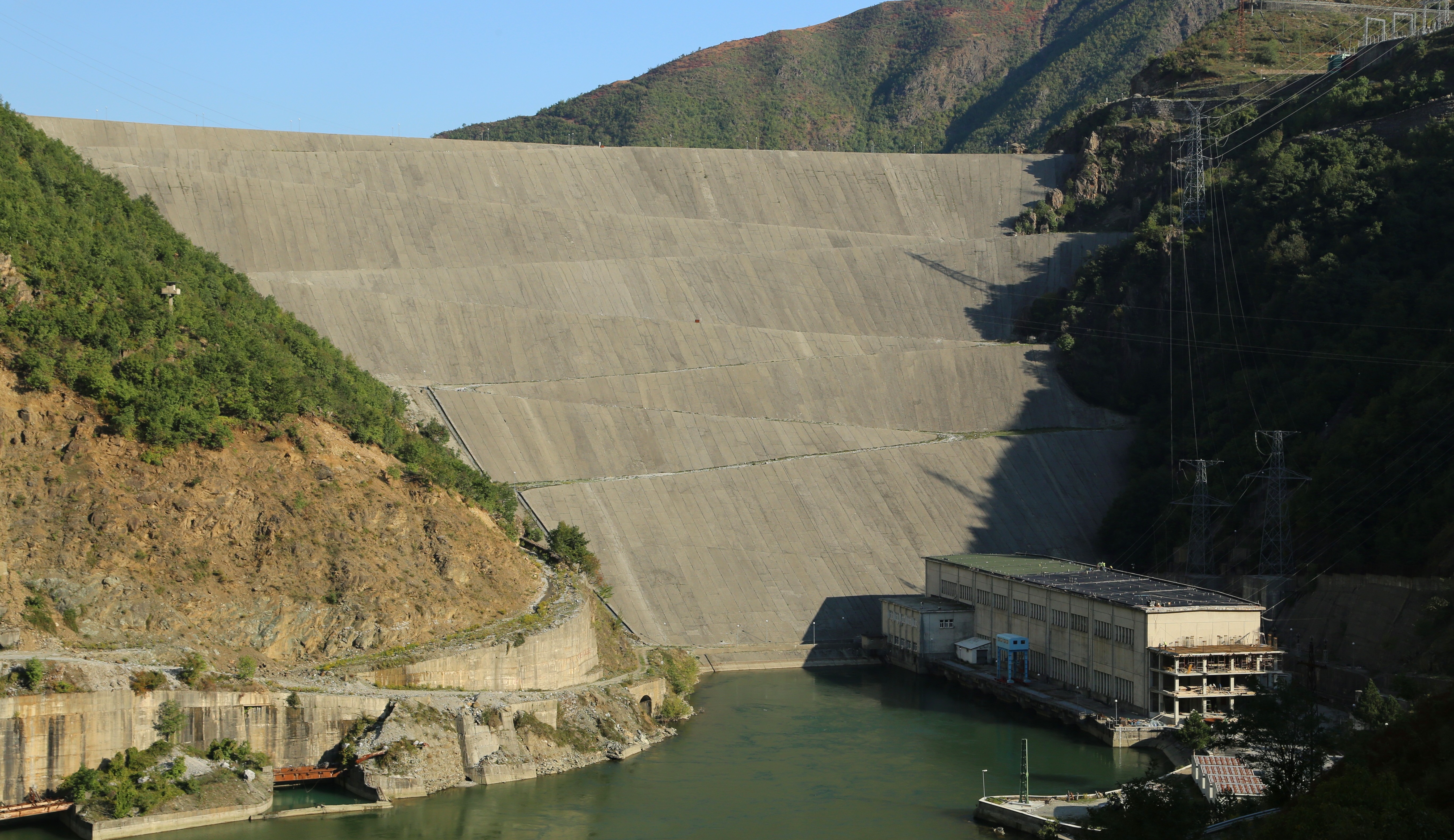Albania relies almost entirely on hydropower generation to meet its rising electricity demand (comprising 98 percent of total energy production). The main priority of the Albanian government is for the country to become self-sufficient and be able to fulfill all of its energy needs. Eventually, the mid-term goal is to turn Albania into an important player in the regional energy market by exporting excess capacities.
During 2009, the Government granted 56 concession contracts for the construction and operation of small hydroelectric power plants (HPPs) to local and foreign investors. Such concession contracts relate to the Devolli and Shala rivers. The year 2010 was quite successful with respect to the level of private investments for the construction of new power sources: five HPPs were brought online under concession agreements with an installed capacity of 15 MW. Also due to favorable weather conditions caused by abundant rainfall, the production of energy reached a level of 7 .74 TWH. In 2011 the weather conditions were characterized by a substantial drop in the level of rainfall, leading to energy production at a level of 4.14 TWh, representing an annual decrease by almost 50 percent.
In these conditions, the government of Albania considers the integration of the energetic system of Albania, almost entirely HPP based and that of Kosovo, a coal power plant-based, as two complementary systems. Moreover, the importance of the energetic system unification in both countries further increases with the construction of the interconnection line of 400 kV between Albania and Kosovo. During 2011, six more HPPs with a total installed capacity of 17 .25 MW were put under operation, bringing the total number of HPPs administered and operated by private and concessionary companies (26 companies in 2011) to 58. However, the energy produced by the state HPPs comprises the major part of production while private HPPs represent only 2 percent of total energy production in 2011. Currently, the Government is preparing the privatization of five other HPPs, namely Ulez, Shkopet, Tirane-Lanabregasi, Bistrica 1 and Bistrica 2. Unexploited opportunities for hydropower production in the basin area of the Osumi River as well as in the Vjosa and Drin rivers remain viable.
These areas are intended to be awarded to investors through concession contracts. For 2012, the Albanian government will continue to prioritize and increase of the efficiency in the utilization of the country’s energy resources and the use of energy resources with minimal impact on the environment by promoting the use of renewable energy sources (small HPPs, wind, solar and biomass energy). Several fiscal incentives are designed to encourage new means of power generation. Companies investing in the construction of energy plants using renewable sources (such as water, wind, etc.) are entitled to an exemption from customs duties on the import of machinery and equipment needed for the construction of such plants. For investors in non- renewable sources, this exemption applies if the plant has an installed power capacity of more than 5 MW.
Photo credits: Wikipedia / Tobias Klenze

Leave a Reply
You must be logged in to post a comment.